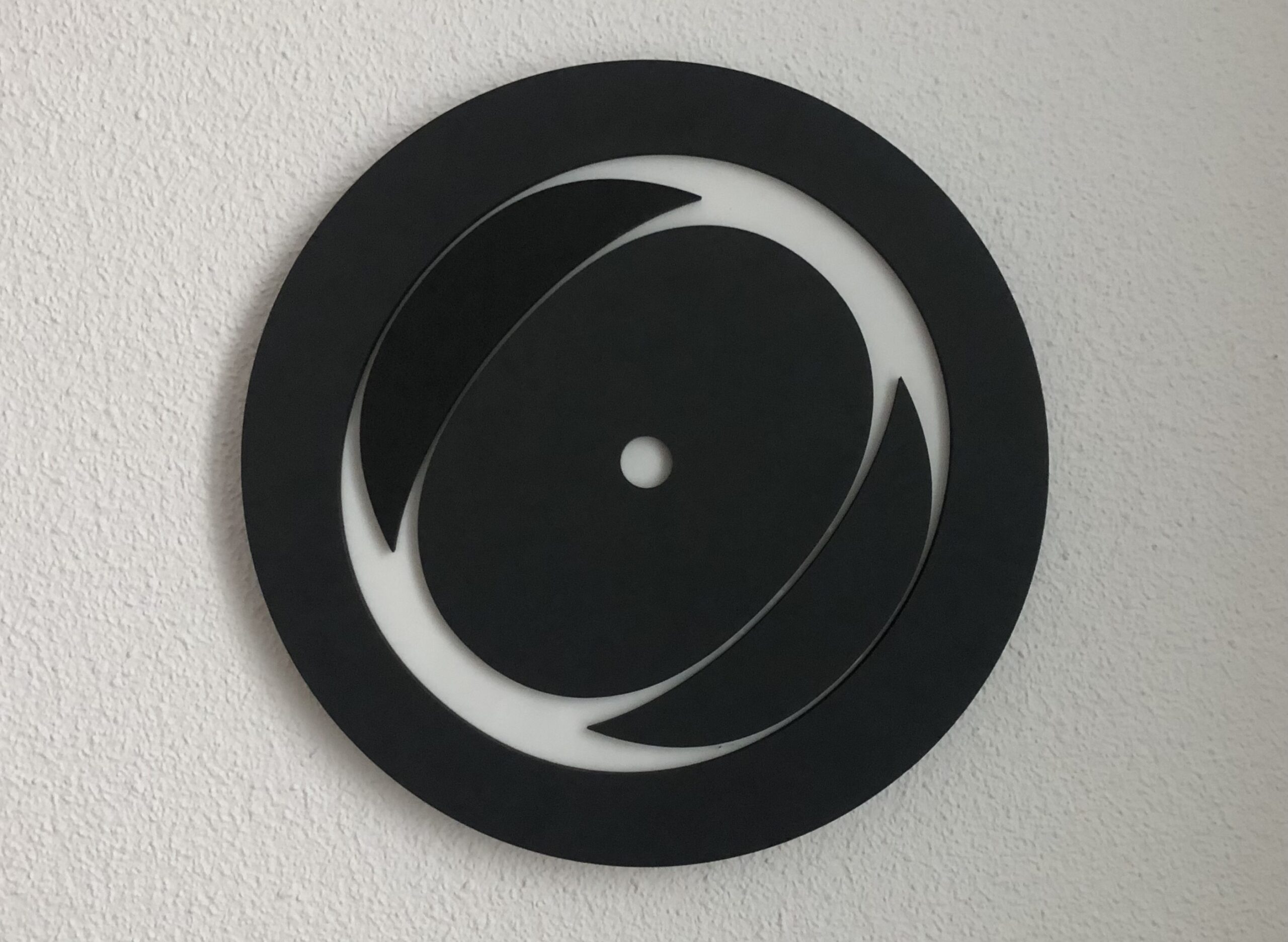First of all, it is important to pay attention to the context and the framing. Context refers to the location where the interview takes place. It is not necessary that it be carried out in a medical center or hospital, it can be carried out at the patient’s home, in a room of a company or a university authorized for it, or even in a public space such as a park. What is essential is that the patient’s privacy is respected, that no one outside the interview can hear what is said during it and that there is enough comfort to speak for 40 to 60 minutes.
Unfortunately, I am seeing more and more consultations and clinics in which sound insulation is not guaranteed to protect the patient and the professional from being heard from, for example, waiting rooms.
The framing refers to the conditions and the structure that organize the evaluation and intervention of the professional(s). It is important to agree on the particular professional who will attend you, with what objectives, whether or not it is pertinent for the family to come or in which situations, the periodicity of the sessions, etc.

However, it is a common complaint from patients and their families that, in public mental health services, there are constant changes of professionals (in this case, psychiatrists), resident doctors and medical students appear and disappear, appointments are changed without prior notice, or a total absence of explicit objectives of why one goes to therapy, for example.
Nowadays, it is important to highlight the importance of politeness in dealing with the patient. It is obvious, but I am obliged to remind that everyone has the right to be treated with respect and kindness. Courtesy should always apply: inviting you to get into the consultation without rushing you, indicating politely where to sit and maintaining an attitude of active listening, that is not self-righteous, contemptuous, or arrogant.
I do not think anyone will be surprised if I say that it is common to go for a consultation and to be seen with a certain delay. There is nothing strange about that, the striking thing is that perhaps no one apologizes for it. And, unfortunately, in the midst of the turmoil of daily clinical work, some professionals have lost (or have never acquired!) the kindness of treatment that is expected.

Psychiatry, like any other medical specialty, bases its practice on a correct questioning that makes it possible to elucidate the reason for consultation, as well as the history of the patient’s illness and with this begin to discern the possible causes or disorders that cause it.
It is not only necessary to know the patient’s symptoms and complaints but, on many occasions, it will be essential to obtain information from people who live with him/her or know him/her well (collateral information from relatives or a close friend).
It is very important that the psychiatrist write down the set of symptoms that the patient reports having, their intensity and duration, and also those symptoms that are absent, have improved or that the patient denies having.
Likewise, it is necessary to take into account other clinical conditions that you may suffer and that are therefore likely to condition or interact with our treatment. Is there any cardiac, neurological, endocrine or any other pathology? Are there any allergies?
But notice that in Psychiatry we are not only concerned with the strictly clinical situation but with the life of the patient as a whole
Enrique Sacristán Alonso
It is key to know about the history of adverse effects to medications and vitally important is to examine in detail the previous history of efficacy or ineffectiveness of drugs that have been previously taken. If they were discontinued due to adverse effects, at what dose did it occur, if they were not effective, for how long did they try to work, etc.
It goes without saying that if there is drug, tobacco, or alcohol use, as well as if there are other obvious risk factors for getting sick, this must be properly discussed and taken into account for the diagnosis and treatment plan.

Specifically, patient’s profession and the main occupation that the patient currently performs. Total working hours and occupational hazards are always relevant aspects too. Time devoted to leisure activities, type of hobbies and free time if any. The biographical trajectory in terms of places of residence, vital changes, mourning and loss of significant people. Of course, current family responsibilities, if you have other people in your care (such as children, the elderly or people with disabilities), if you drive or if you are a woman of childbearing age with wishes and plans to have children or are breastfeeding to your baby.
All this information, which is collected in the detailed anamnesis in the first and subsequent consultations, is key to being able to propose to the patient an intervention plan that fits both their clinical needs and their personal situation and that, as a result, has a high probability of being well tolerated and being effective.
At SAMON Mental Health we have the time and calm in the consultation that makes possible to collect the necessary information and do so in an environment of privacy and respect that allows the patient to express him/herself comfortably.
If you are interested in learning more about this topic, continue reading in the following article: W hat to expect from a psychiatry consultation (II)



